Knives are an integral tool for every kitchen. Of course, investingin good steak knives is vital, but you need more than that. If you are preparing meals at home, you should have a few essential knives designed for specific tasks.
While it’s true that almost any knife can chop a vegetable or slice a loaf of bread, the proper type of knife will do so with less effort and more efficiency. Using the right blade for the job is also safer; using a knife with the wrong edge could cause you to slip and cut yourself.
The good news is you only need a handful of specialized knives to have a well-equipped kitchen. From the best nakiri knives to quality carving knives, this list will help you determine what you need to add to your kitchen tool collection.
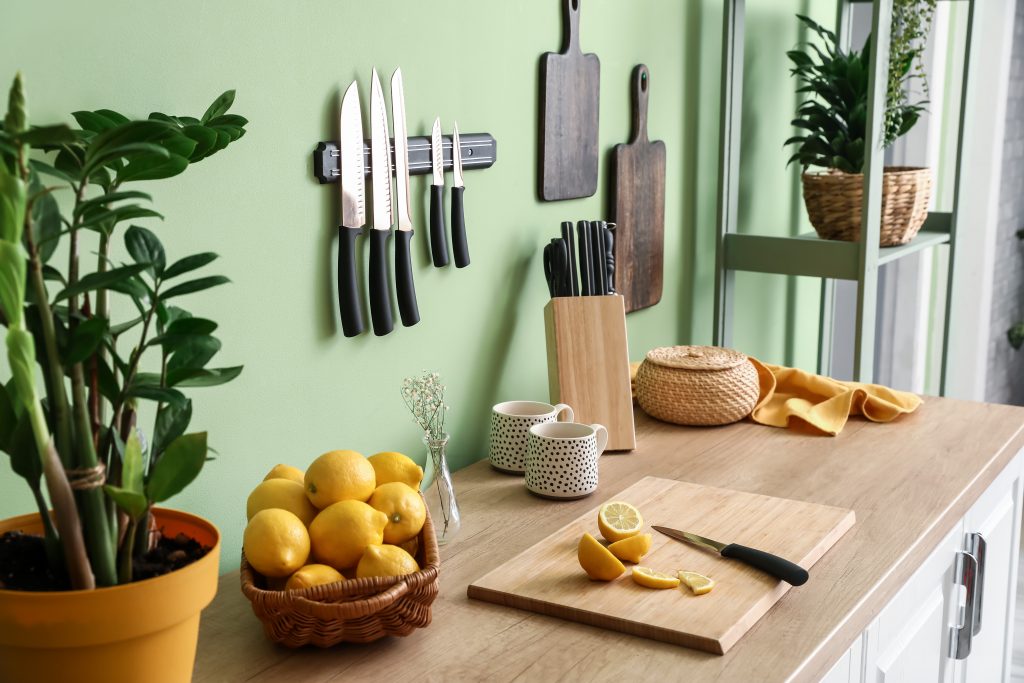
Paring Knives
Paring knives are small, with blades measuring between 2 ½ and 4 inches long. They have curved edges and pointed tips similar to a chef’s knife.
You can use a paring knife for precise or delicate preparation, such as mincing dainty foods, peeling and coring apples, hulling strawberries, deveining shrimp, segmenting citrus or scoring dough, meat and other surfaces.
A paring knife that is sharp and comfortable in your hand will work best.
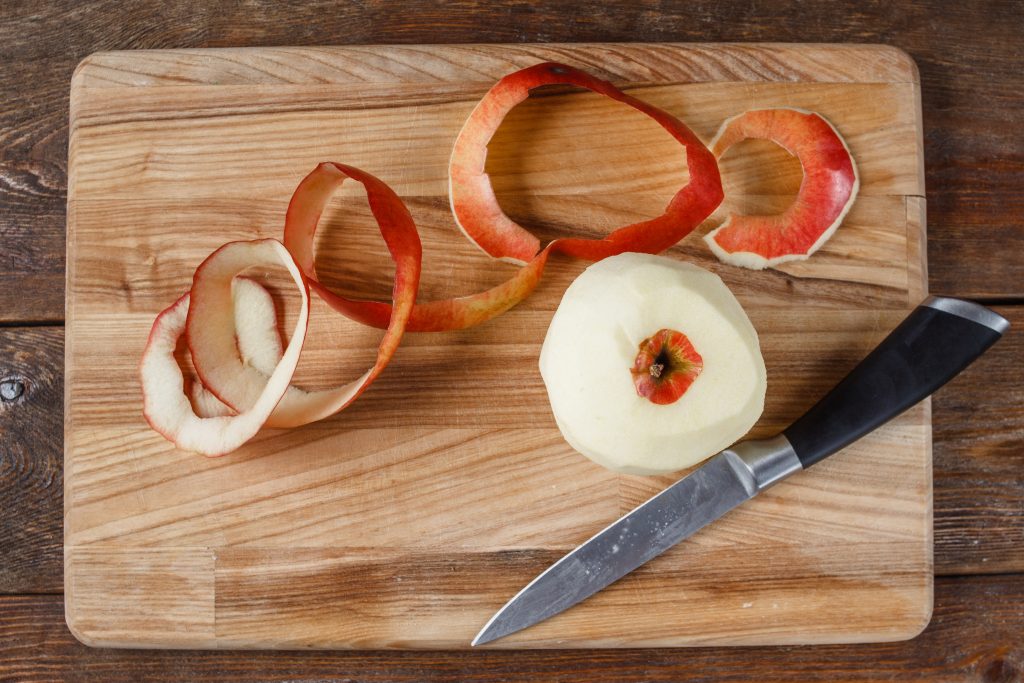
Nakiri Knives
These Japanese-stye knives, also known as nakiri bocho or usuba bocho, are designed for chopping vegetables. They have thin, lightweight blades that provide a precise cut. The knives are usually 6-7 inches long with a double-beveled blade edge that is straight and rectangular. This helps make sure you can easily cut through foods without the need for horizontal motion.
The best nakiri knives will slice even hard-skinned fruits and vegetables uniformly. You can also use them for chopping, dicing, mincing and slicing produce.
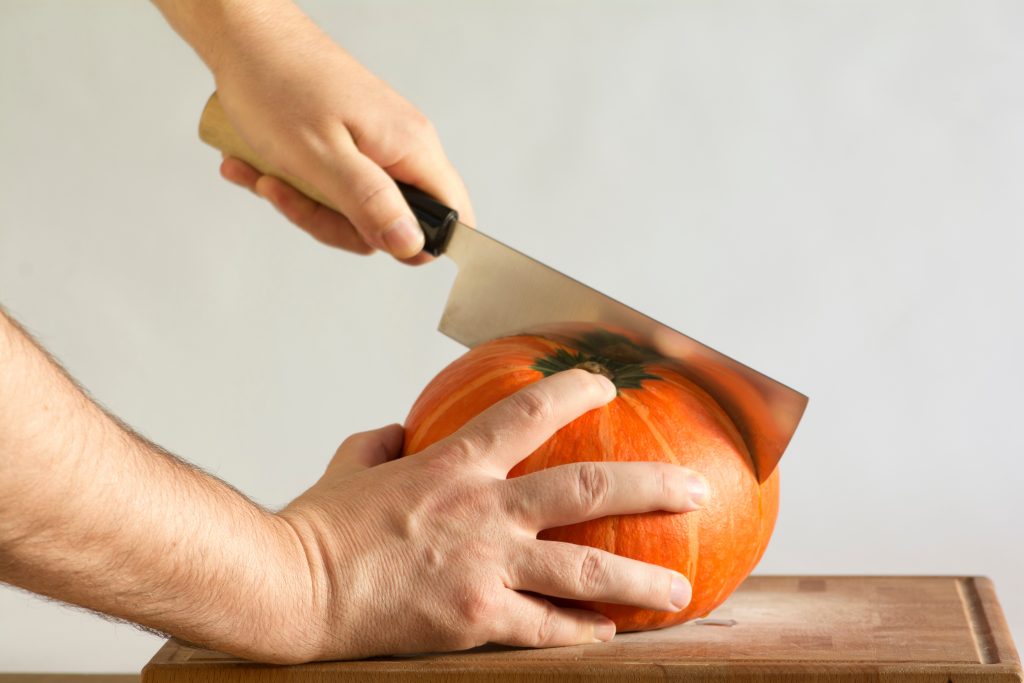
Chef’s Knives
A chef’s knife, sometimes called a French knife, is broad and tapered with a fine, sharp blade ranging from 6 to 12 inches wide. The design allows the knife to rock on the surface as it cuts.
Of course, your chef’s knife should be sharp, but size is also significant. Make sure it’s not too large that you can’t comfortably hold it but not so light that it will be flimsy and prone to breaking. The best chef’s knives are versatile tools and a necessity for your kitchen.
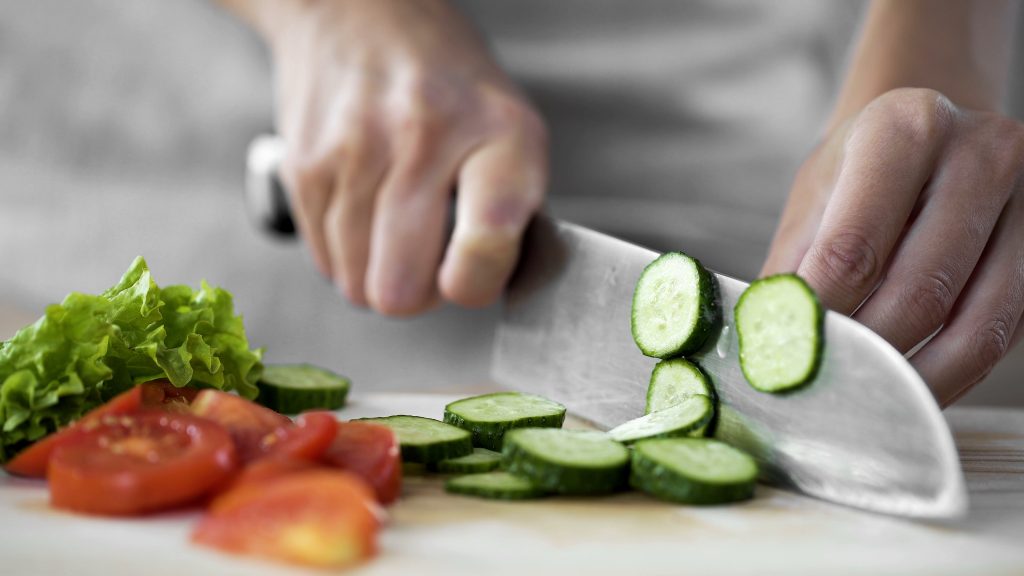
Serrated Knives
Sometimes called a bread knife, a serrated knife has a scalloped edge. The blades are typically at least seven inches long.
This kitchen knife resembles and works similarly to a saw. It is ideal for slicing foods with a tougher exterior and softer interior, such as a loaf of bread or a tomato. They can also be used to cut whole citrus fruits, dough or cake.
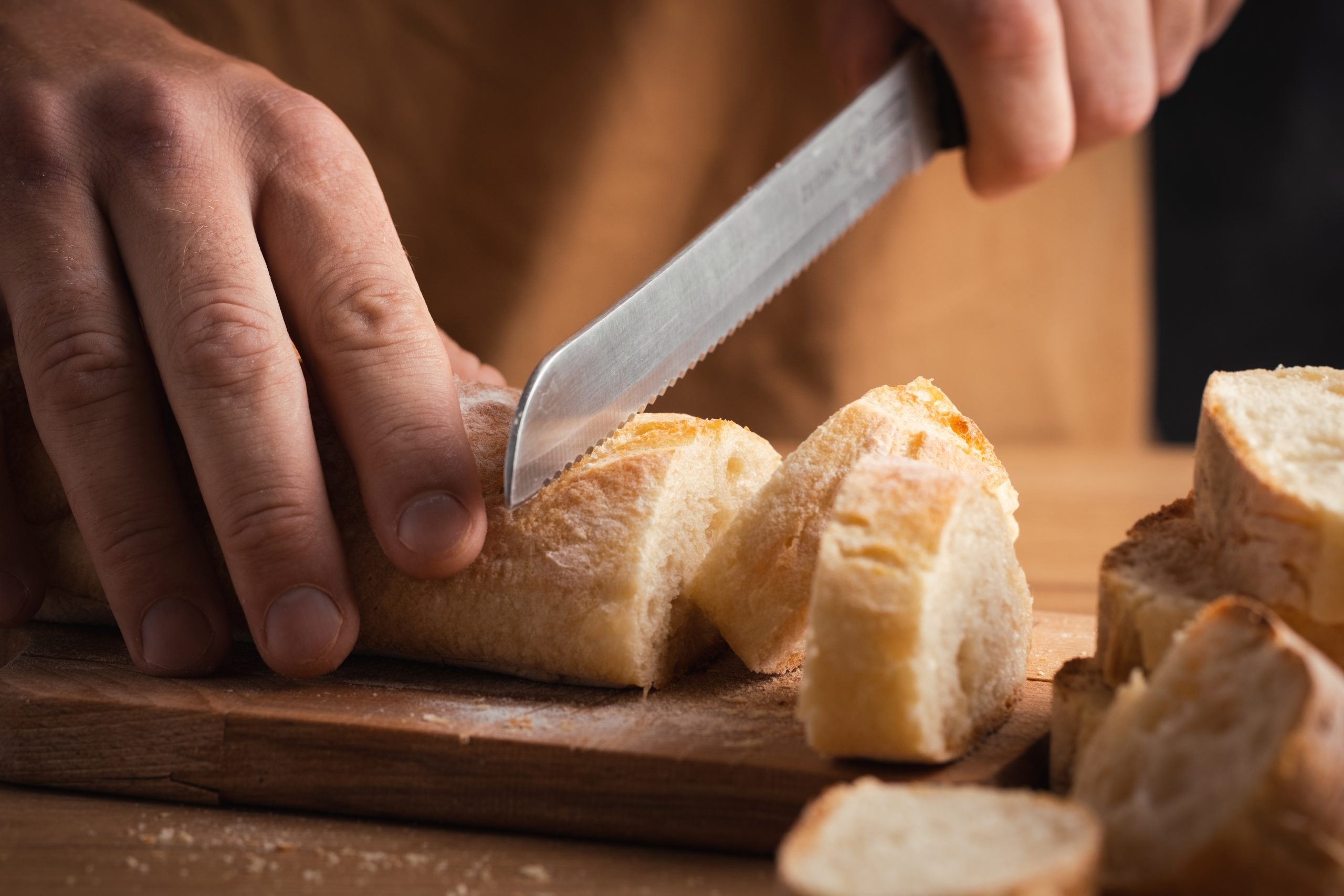
Carving Knives
With long, narrow blades ranging from 8 to 15 inches long, carving knives are designed to slice cleanly through meat.
Their pointed tips and flexibility make it easier to cut around bones. They may also have a hollowed or dimpled edge that helps reduce friction while slicing. You need one of these because they make breaking down cuts of meats easier while also creating an attractive presentation with more uniform slices — a must if you’re entertaining.
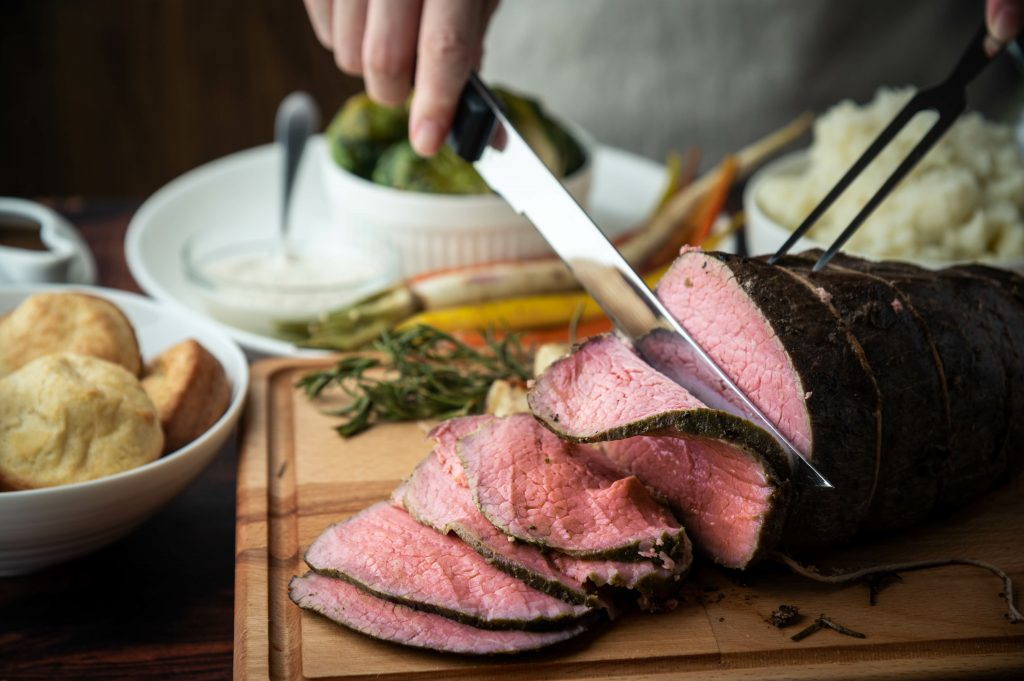
Boning Knives
Boning knives have long, narrow blades ranging between 5 and 9 inches. The blades are usually flexible and flat with a slightly curved tip, and the knives typically incorporate a finger guard where the blade and handle meet.
The primary task of a boning knife is to cut meat away from bone. Look for a knife that is small enough to manage but long and heavy enough to provide an adequate cutting surface, at least 6 inches.
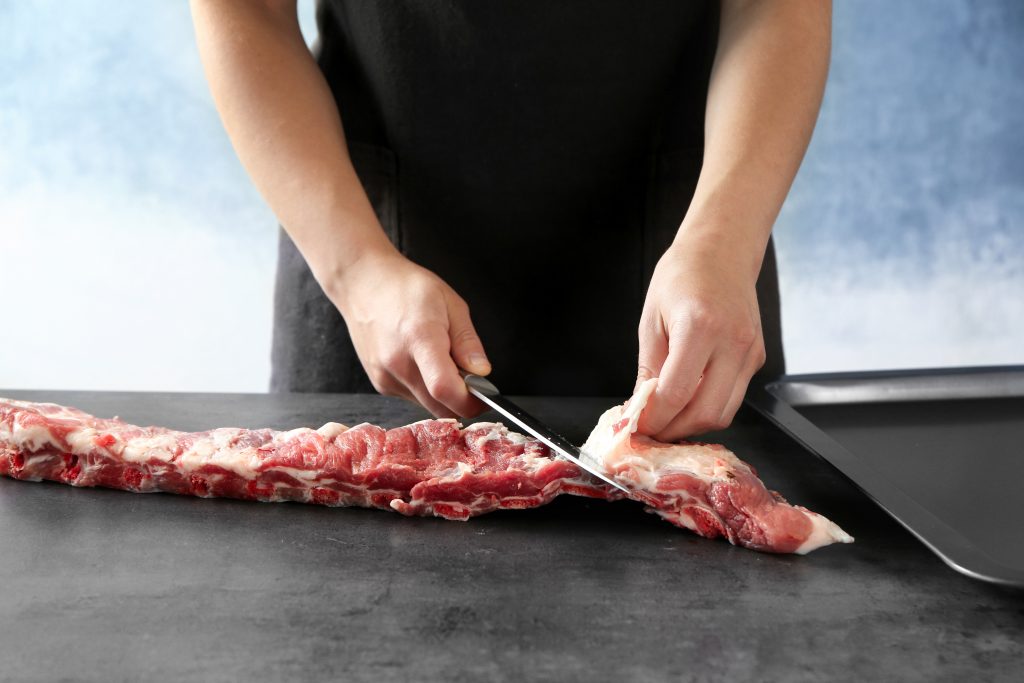
Choosing quality knives that will last for years, from the best nakiri knives to a well-made chef’s knife, is an investment that will pay off over time. Furnishing your kitchen with these essential knives will help your cooking skills flourish.
This story originally appeared on Don't Waste Your Money. Checkout Don't Waste Your Money for product reviews and other great ideas to save and make money.


